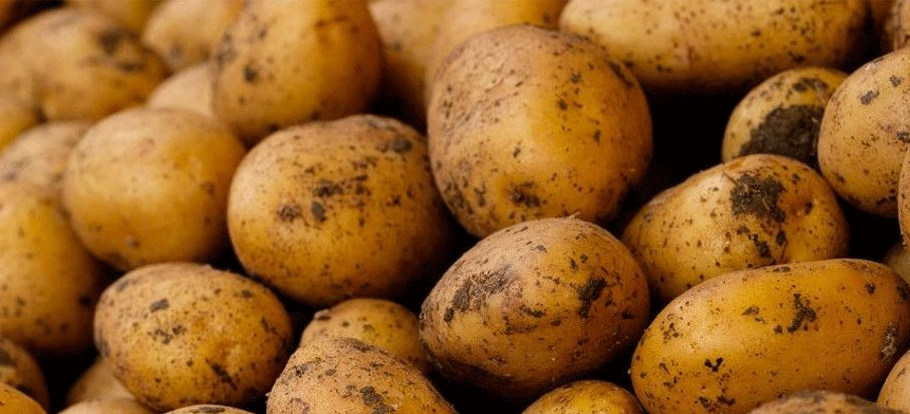South Korea’s Jeollanam-do province is raising urgent concerns about the approval of genetically modified organism (GMO) potatoes imported from the U.S. This article examines the environmental, economic, and agricultural implications of introducing GMO potatoes into Korea’s farming system.
Recently, Jeollanam-do province urged the immediate reversal of the approval for importing U.S.-produced living modified organism (LMO) potatoes. The potatoes, developed by Simplot, a U.S.-based agricultural company, were approved by South Korea’s Rural Development Administration (RDA) after being assessed as environmentally safe. However, local authorities argue that key ecological risks were insufficiently considered.
The province emphasized that once GMO crops enter the ecosystem, they are notoriously difficult to control and pose significant long-term environmental risks. Historical precedents reinforce this concern; a Friends of the Earth report from 2008 demonstrated increased herbicide and pesticide use with GMO crops. Furthermore, unintentional releases of GMO rapeseed in 2018 and unauthorized GMO zucchini production detected in 2023 highlight persistent environmental and biosafety risks.
Currently, South Korea imports GMO products such as soybeans, corn, and cotton from the U.S., Brazil, Argentina, and Australia. However, this would be the first instance of importing GMO potatoes capable of reproduction and seed use. Local authorities fear irreversible impacts on domestic potato farming, consumer health, and food sovereignty.
Jeollanam-do province has requested additional measures to protect local potato farmers, including halting any increases in tariff-rate quotas (TQR) for potatoes and implementing more substantial financial support for farmers already burdened by rising agricultural input costs and climate instability.
Globally, while GMO crops offer potential benefits such as increased yield and disease resistance, skepticism persists regarding their ecological and health impacts. Countries across Europe and Asia have maintained stringent regulations against GMO products, reflecting ongoing public and scientific concerns.







